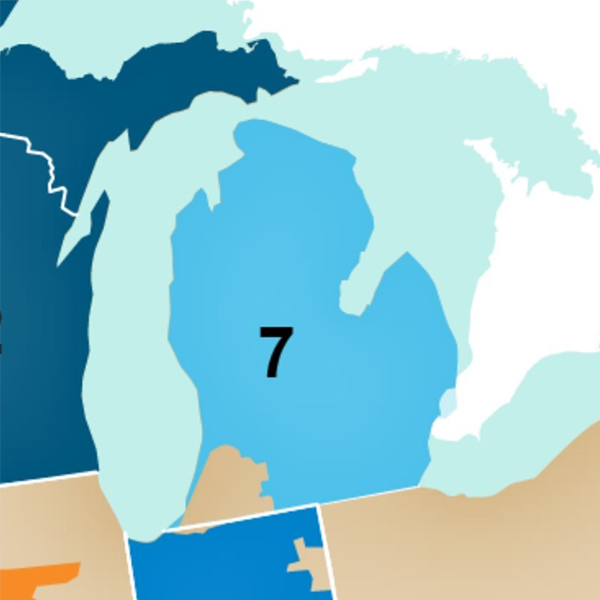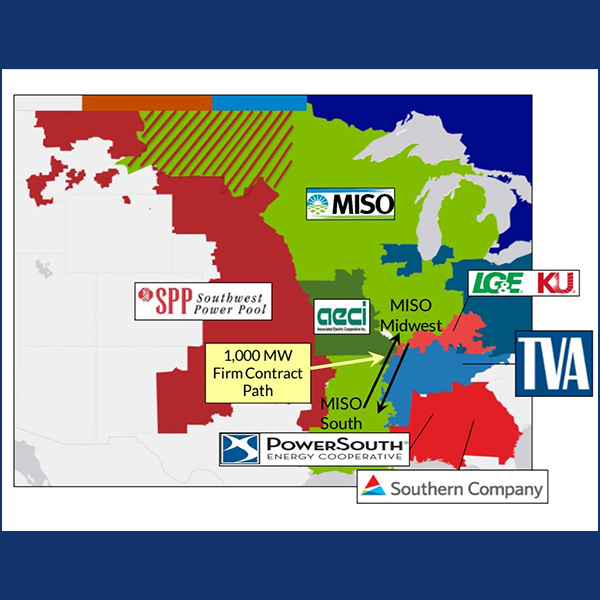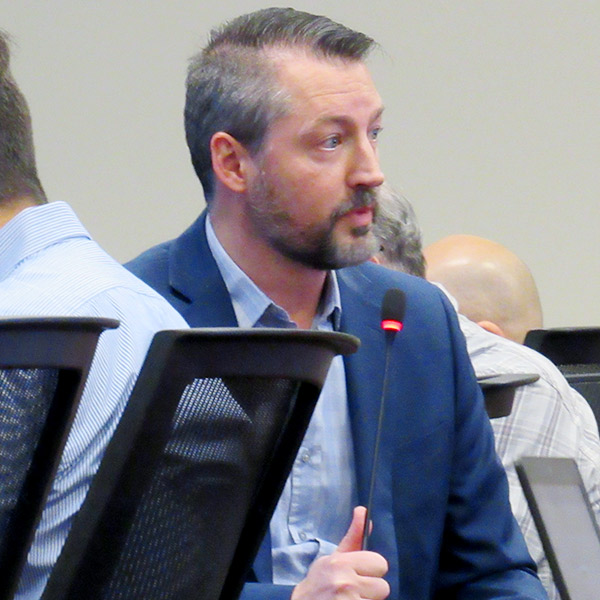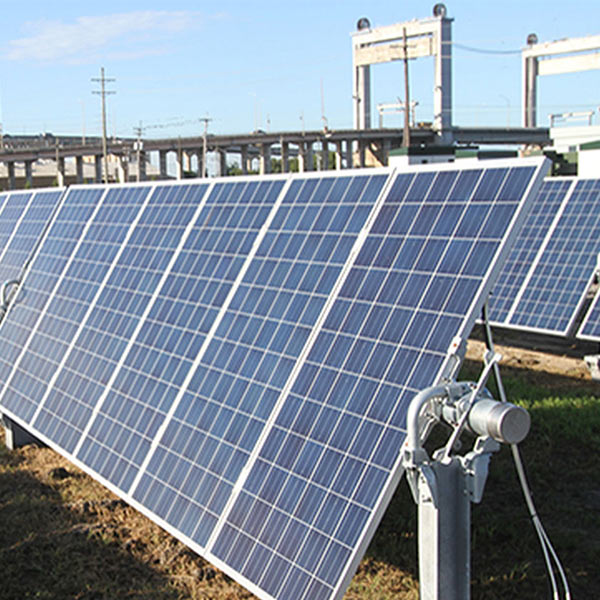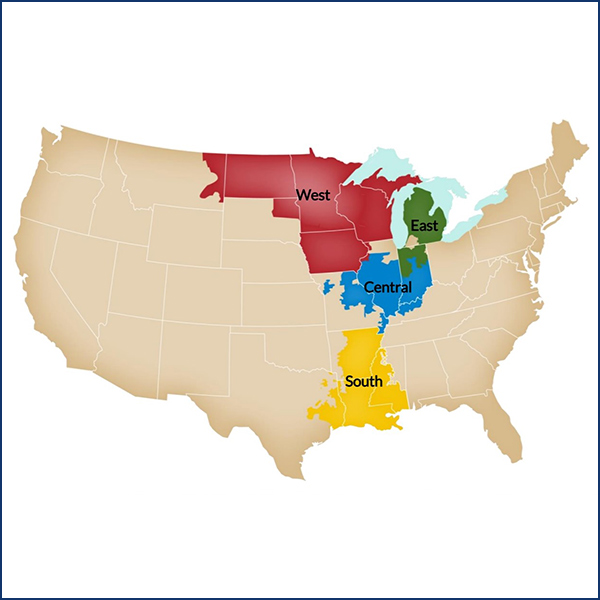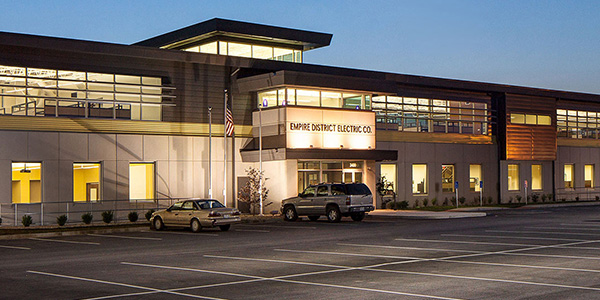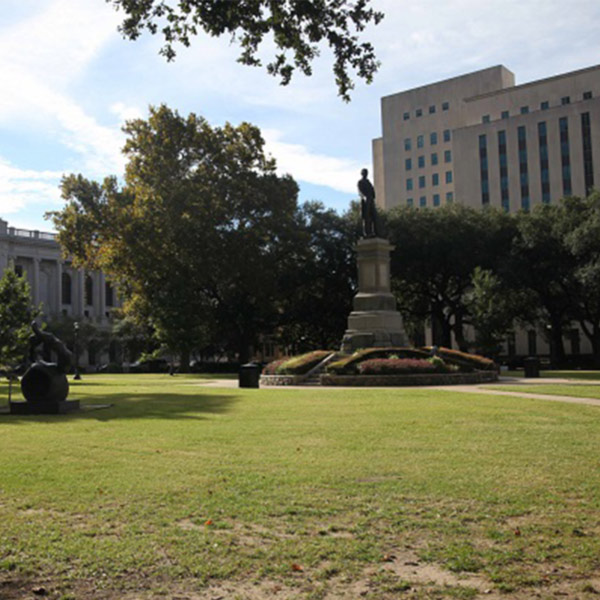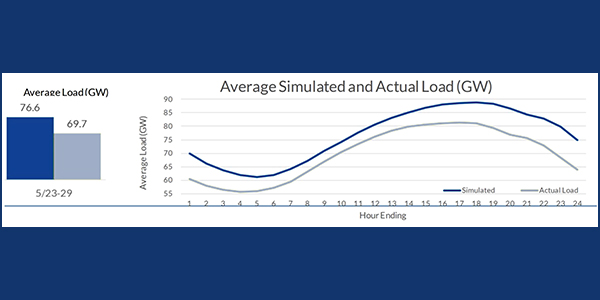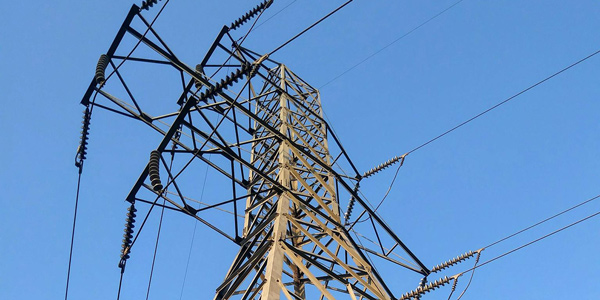MISO
MISO Advisory Committee (AC)MISO Board of DirectorsMISO Market Subcommittee (MSC)MISO Planning Advisory Committee (PAC)MISO Regulatory Organizations & CommitteesOrganization of MISO States (OMS)MISO Reliability Subcommittee (RSC)MISO Resource Adequacy Subcommittee (RASC)
The Midcontinent Independent System Operator is a regional transmission organization that plans transmission projects, administers wholesale markets for its membership and manages the flow of electricity in Arkansas, Illinois, Indiana, Iowa, Kentucky, Louisiana, Michigan, Minnesota, Mississippi, Missouri, Montana, North Dakota, South Dakota, Texas and Wisconsin.
MISO said a new rule prohibiting resources on extended outages from offering capacity contributed to the historic spike in Zone 7 prices in April’s PRA.
MISO will likely extend its settlement agreement for flows on the Midwest-South subregional transmission constraint through early 2023.
MISO said it will file a one-time waiver with FERC to ensure market participants can replace load-modifying resources impacted by the coronavirus pandemic.
MISO can begin requiring new solar generation in its footprint to become dispatchable by early 2022, FERC ruled.
MISO West won’t see any major projects in this year’s transmission planning cycle, despite complaints that renewables in the interconnection queue necessitate billions in upgrades.
FERC approved Basin Electric Power Cooperative’s request to make wholesale sales of energy, capacity and ancillary services at market-based rates.
The 5th Circuit is likely to uphold a Texas law giving incumbent transmission companies the right of first refusal to build new lines in the state.
Unseasonably warm weather has nudged MISO load a little closer to normal this week, though demand is still being compressed by pandemic safety measures.
Stakeholders are divided on whether MISO has conducted enough analysis to justify adopting seasonal capacity auctions and loss-of-load expectation studies.
Five generators struck a $10M settlement with MISO and PJM over the RTOs’ past practice of double-charging pseudo-tied generation for congestion fees.
Want more? Advanced Search
